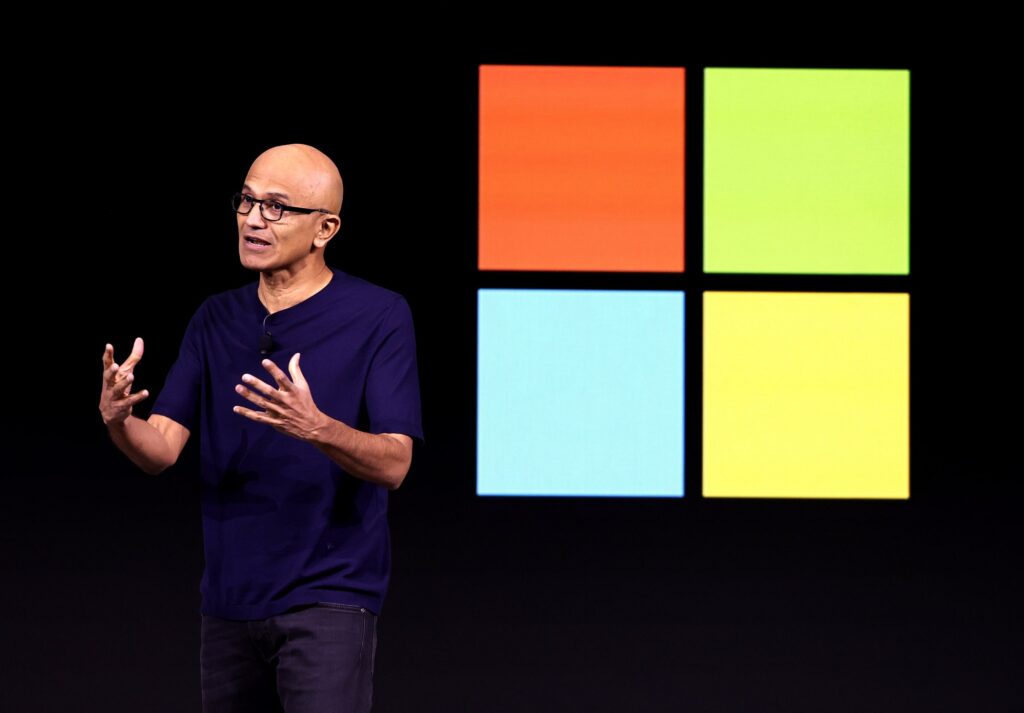Thank you for the information about the potential Microsoft Windows privilege escalation vulnerability. It’s important to note that I don’t have direct access to Microsoft’s internal information or any undisclosed details about this specific issue. However, based on the general information you provided, I can offer some additional insights and recommendations.

The Importance of Privilege Escalation Vulnerabilities
Privilege escalation vulnerabilities are particularly concerning because they allow attackers to gain higher levels of access than they should have. In a normal system, users have specific privileges that limit what actions they can perform. This helps maintain security by preventing unauthorized access to sensitive data or critical system functions.
However, when a privilege escalation vulnerability exists, it means that there’s a flaw in the system that allows users to bypass these restrictions. An attacker could exploit this vulnerability to gain administrative privileges, giving them extensive control over the affected system.
Potential Impact of the Microsoft Windows Vulnerability
If the reports of a privilege escalation vulnerability in Microsoft Windows are accurate, it could have significant implications for users and organizations. Windows is one of the most widely used operating systems, powering countless personal computers and enterprise systems worldwide.
A vulnerability that allows attackers to escalate their privileges on Windows systems could lead to:
- Unauthorized access to sensitive data, including personal information, financial records, and confidential business documents.
- Installation of malware or other malicious software that could compromise system security and stability.
- Disruption of critical system functions or services.
- Use of affected systems as a launching point for attacks on other networked devices or servers.
Mitigation Strategies
Until Microsoft releases an official security patch to address this vulnerability, there are some steps users and organizations can take to mitigate the risk:
- Stay Informed: Regularly check for updates from Microsoft and reputable tech news sources. They will provide the most accurate and timely information about the vulnerability and any available fixes.
- Update and Patch: Once Microsoft releases a security patch, prioritize installing it on all affected systems as quickly as possible. Enabling automatic updates can help ensure you receive critical patches in a timely manner.
- Maintain Security Best Practices: Follow general security best practices, such as using strong passwords, enabling multi-factor authentication, and limiting user privileges to the minimum necessary levels.
- Monitor and Detect: Use security monitoring tools and services to detect any suspicious activity or potential exploit attempts. Catching an attack early can help minimize its impact.
The Importance of Responsible Disclosure
It’s worth noting that responsible disclosure of vulnerabilities is crucial for maintaining system security. Security researchers often discover vulnerabilities and report them to the affected companies before publicly disclosing the details. This gives the companies time to develop and distribute a fix, helping to protect users from potential attacks.
In the case of this Microsoft Windows vulnerability, it’s possible that the details are being kept under wraps to prevent attackers from exploiting it before a patch is available. As more information becomes available through official channels, users and organizations will be better equipped to assess the risk and take appropriate mitigation measures.
In conclusion, privilege escalation vulnerabilities like the one potentially affecting Microsoft Windows are a serious concern. By staying informed, applying security best practices, and promptly installing any available patches, users and organizations can help protect themselves from potential attacks. As always, maintaining a proactive and vigilant approach to system security is essential in today’s digital landscape.










Add Comment